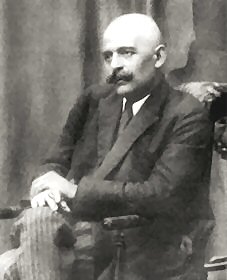A Quote by Karl Wilhelm Friedrich Schlegel
Plato's philosophy is a dignified preface to future religion.
Quote Topics
Related Quotes
A writer must always try to have a philosophy and he should also have a psychology and a philology and many other things. Without a philosophy and a psychology and all these various other things he is not really worthy of being called a writer. I agree with Kant and Schopenhauer and Plato and Spinoza and that is quite enough to be called a philosophy. But then of course a philosophy is not the same thing as a style.
One or another man, liberated or cursed, suddenly sees-but even this man sees rarely-that all we are is what we aren't, that we fool ourselves about what's true and are wrong about what we conclude is right. And this man, who in a flash sees the universe naked, creates a philosophy or dreams up a religion; and the philosophy spreads and the religion propagates, and those who believe in the philosophy begin to wear it as a suit they don't see, and those who believe in the religion put it on as a mask they soon forget.
I intend Deaths in Venice to contribute both to literary criticism and to philosophy. But it's not "strict philosophy" in the sense of arguing for specific theses. As I remark, there's a style of philosophy - present in writers from Plato to Rawls - that invites readers to consider a certain class of phenomena in a new way. In the book, I associate this, in particular, with my good friend, the eminent philosopher of science, Nancy Cartwright, who practices it extremely skilfully.






































